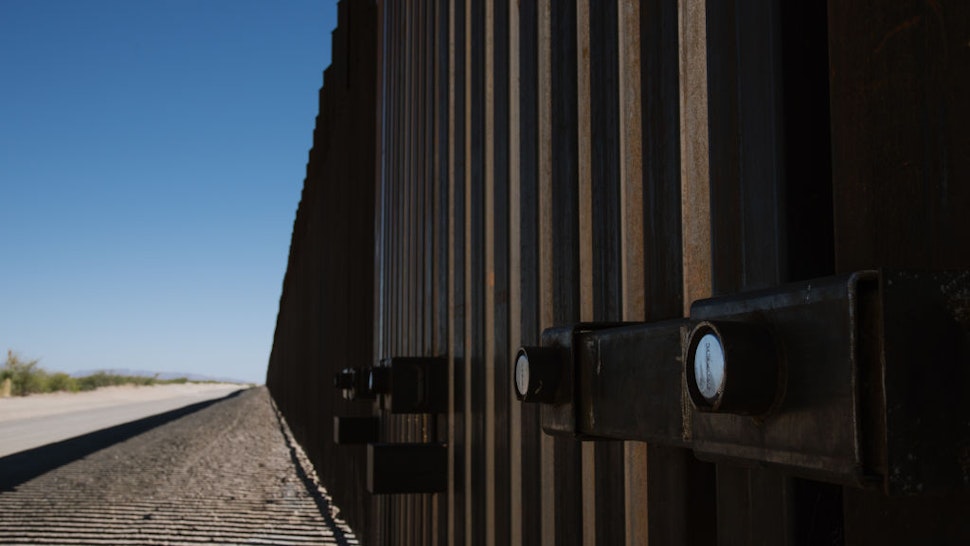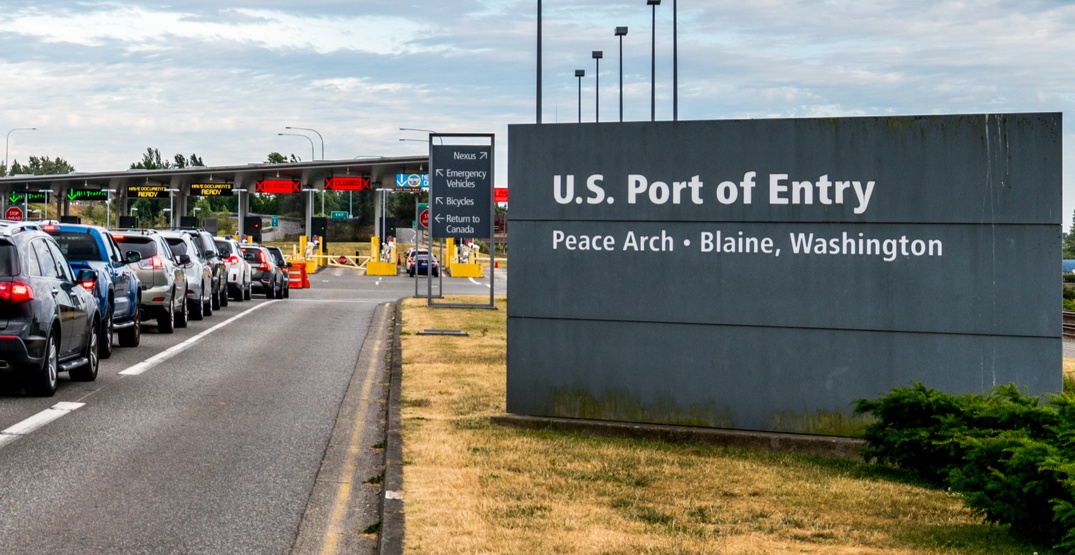 |
| Cate Dingley/Bloomberg via Getty Images |
In its latest annual hate crimes report, the Council on American-Islamic Relations (CAIR) vilified U.S. Customs and Border Protection (CBP) officials as the nation’s greatest perpetrators of anti-Muslim discrimination. So, when as many as 60 Iranian and Iranian-American travelers were delayed for hours earlier this month at the U.S.-Canada border, CAIR was quick to accuse the federal agency of living up to its purported reputation. Has the U.S. government decided to make life difficult for Iranians living in America, as CAIR contends? Or are the nonprofit’s actions part of an enduring campaign to subvert U.S. border security?
In response to a January 2 air strike which killed Iranian Islamic Revolutionary Guard Corps-Quds Force commander Qassem Soleimani, the Department of Homeland Security (DHS) published a bulletin warning that Hezbollah and other Iranian loyalists could carry out homeland-based plots by targeting “critical infrastructure.” New York Governor Andrew Cuomo deployed the national guard to protect public transportation, while government officials in California, Washington, and Massachusetts ordered increased police patrols or warned citizens to remain extra vigilant.
Meanwhile, the Peace Arch Border Crossing in Blaine, Washington became congested on January 4 after as many as 60 Iranian natives were allegedly selected for additional screening and detained, in some cases, for several hours. The travelers, who were returning from a pop concert in Vancouver, put a strain on CBP resources as customs agents struggled to keep up with the sudden increase in cross-border traffic. However, CAIR officials explicitly alleged that delays and mistreatment were premised solely on national heritage.

Soon after, CAIR’s Washington chapter issued a press release accusing CBP officials of treating Iranians and Iranian-Americans to prolonged interrogations at the U.S.–Canada border. “A source at CBP reported that the [DHS] has issued a national order to CBP to ‘report’ and detain anyone with Iranian heritage entering the country who is deemed potentially suspicious or ‘adversarial,’ regardless of citizenship status,” CAIR wrote.
CBP rejected these allegations. “Social media posts that CBP is detaining Iranian-Americans and refusing their entry into the U.S. because of their country of origin are false. Reports that DHS/CBP has issued a related directive are also false,” said CBP spokesperson Michael Friel.Read the rest from David Firester HERE.
If you like what you see, please "Like" us on Facebook either here or here. Please follow us on Twitter here.

No comments:
Post a Comment